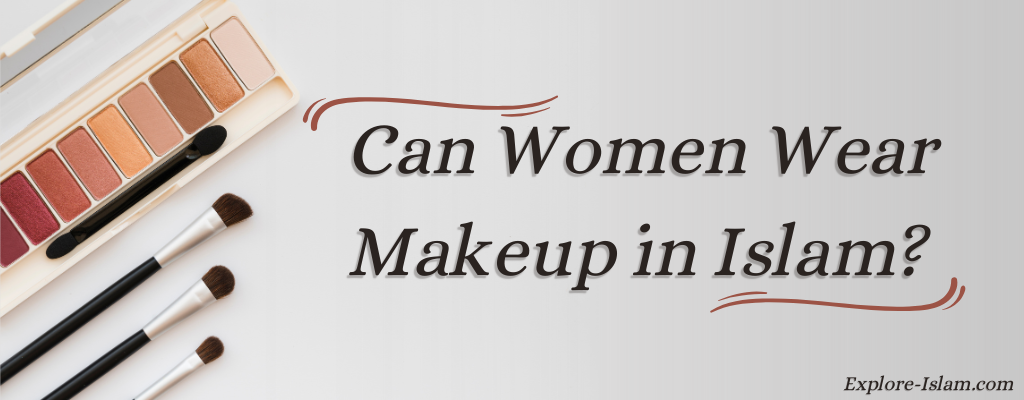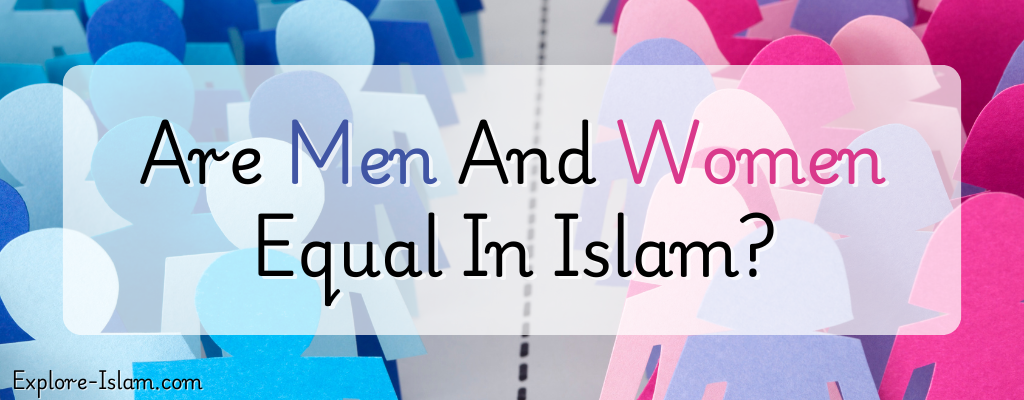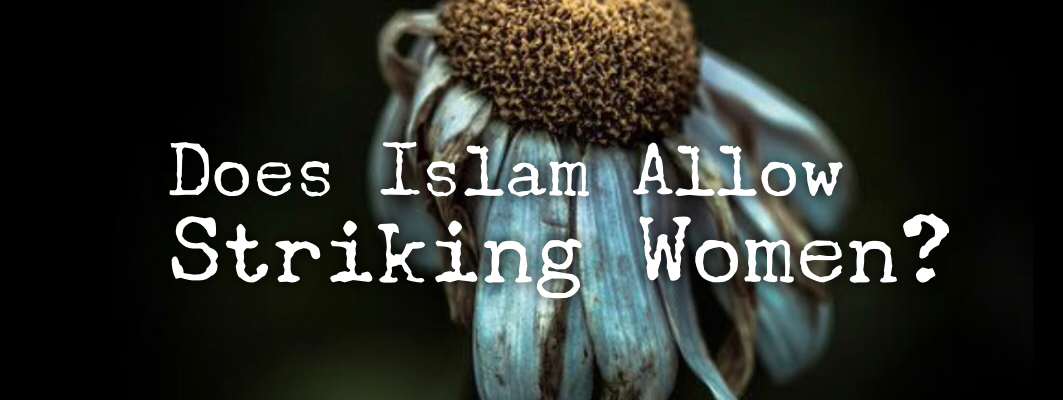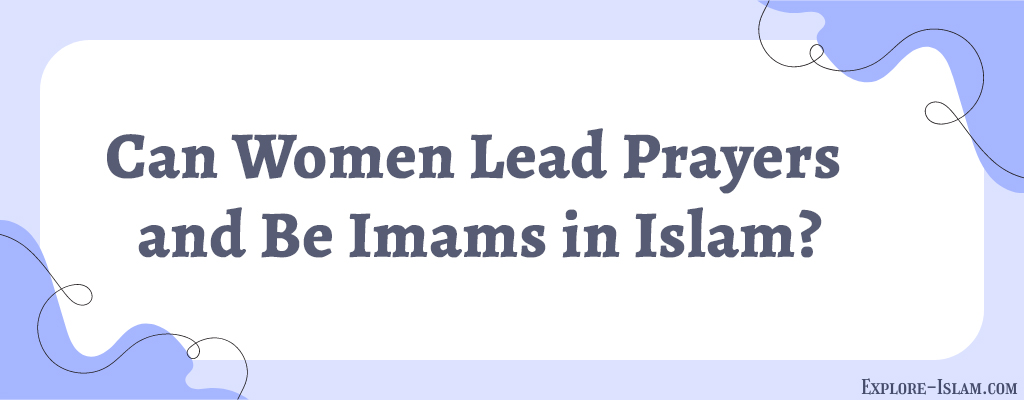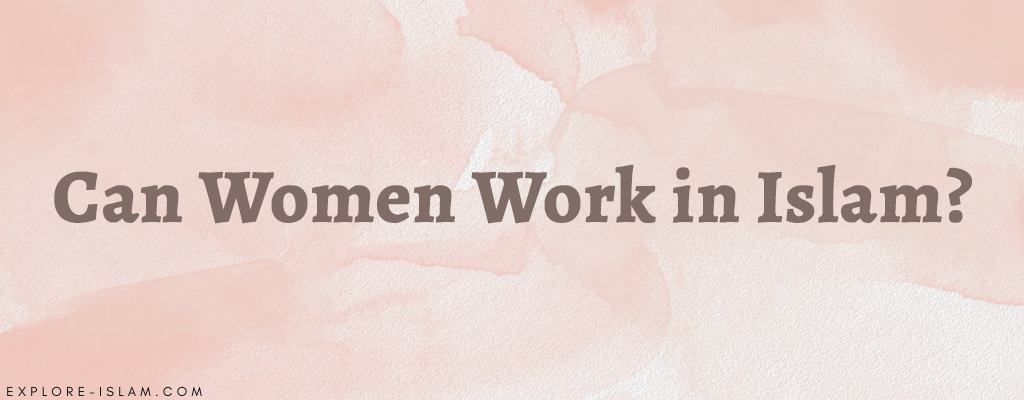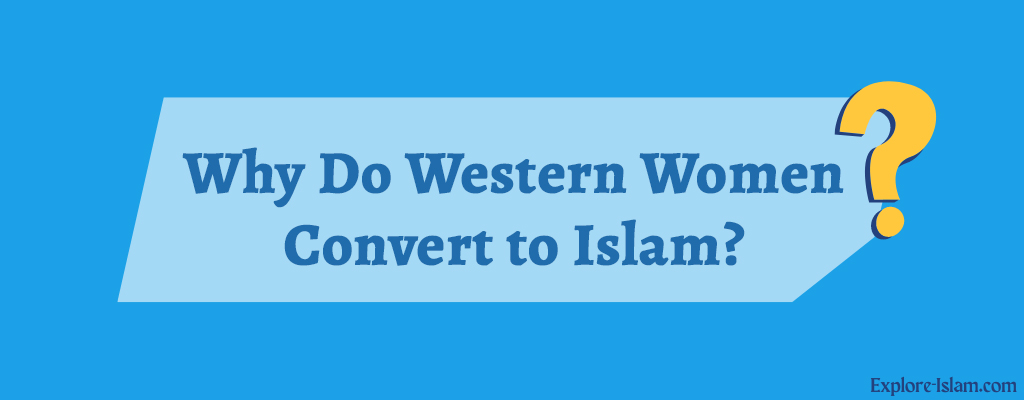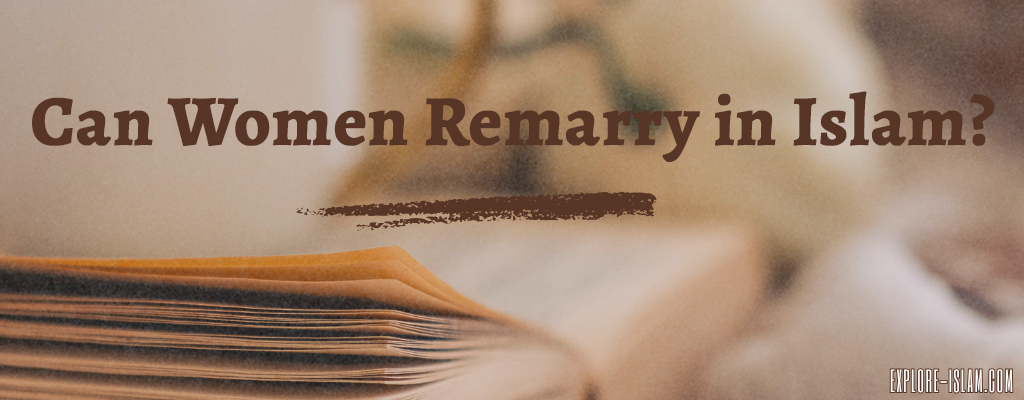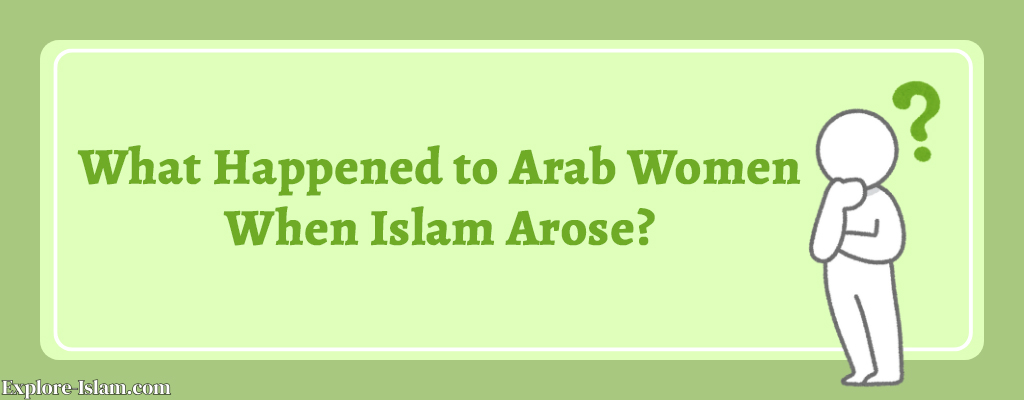Islam sees beauty as a divine blessing, promoting a balanced approach to self-care and adornment that upholds modesty and dignity.
Islam rejects astrology and zodiac signs for predicting the future or character. It conflicts with core Islamic teachings.
In Islam, marriage is not just a societal norm but an act of worship (Ibadah). It is viewed as a form of devotion to Allah.
Muslims believe in the original scriptures but see the Quran as the final revelation. Islam continues the faith of earlier prophets.
Islam emphasizes fairness and complementary roles between men and women, rather than absolute equality or sameness.
This question of beating wives in Islam often arises from a specific verse in the Qur'an, sparking heated debates and leading to widespread misconceptions about Islamic teachings on gender relations.
Islam affirms Jesus' virgin birth as a miracle, respecting Mary’s purity. Jesus is revered as a prophet, not as divine or the son of God.
Leading prayer in Islam has great significance and rewards. Can women serve as Imams and lead congregational prayers?
slam allows women to work and pursue careers, with no restriction to domestic roles. Faith and profession can coexist.
Women are converting to Islam at a notable rate in the West, outnumbering male converts, especially in the US and UK.
The question of whether Islam permits the beating of a wife is often misunderstood and misrepresented. It is crucial to approach this sensitive topic with an understanding of Islamic teachings, which emphasize justice, compassion, and the importance of mutual respect between spouses.
Islam values education equally for men and women, debunking the misconception that it opposes women's education.

